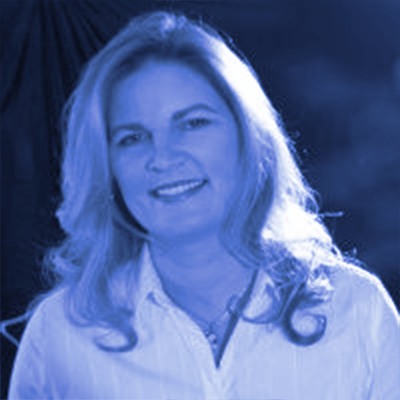Ep 143: Paula Maguire - Former Training Manager, Ontario Power Generation



Show notes
1 - 00:26
Q: How did you enter the nuclear industry?
A: Paula Maguire worked her way up through the utility industry to eventually become the Training Manager for Ontario Power Generation, with a focus on the nuclear utilities. Maguire originally started work at a roller shade manufacturing facility out of school, covering all aspects of the business at some point. She joined Ontario Hydro to work in the mailroom, but had the opportunity to take courses and went into both accounting and energy management. The company paid for Maguire to return to school to pursue Building Environmental Sciences, and Ontario Hydro evolved into Ontario Power Generation, or OPG, and Maguire got involved with the training organization.
2 - 03:31
Q: What is a training organization and what role does it play at a nuclear utility?
A: Paul Maguire’s involvement in the training organization at Ontario Power Generation (OPG) had a direct impact of the day-to-day operations at a nuclear station. The training program taught employees the knowledge and skills to do the job, but also focused on lessons learned from the performance of stations. Human performance errors sometimes caused events that impacted the function of the station, and the training program communicated these mistakes to employees to prevent further incidents. The training managers looked for trends in types of events and analyzed how training positively or negatively influenced performance. The training organization offered training for both staff and craft, with a heavy emphasis on leadership. The Senior Nuclear Plant Manager program brought in leaders from all over the world and put them through one week in the classroom learning about leadership and one week at a utility to survey the leadership team at the station. Training like this is vital to the nuclear industry, since a mistake at one utility affects all utilities and the industry as a whole, which encourages lots of sharing between groups.
3 - 09:35
Q: How did your responsibilities change from when you first entered the training aspect of the organization through your career?
A: Paula Maguire first entered into the utility training program to develop coursework for a new software that was being implemented, and eventually went on to become the PIckering Site Training Manager before retiring. As training manager, Maguire was responsible for the certifications and qualifications of everyone working at the station. All employees at the utility have a training program based on their position and require continuing education. There is also opportunities to train up to the next level position. Paula Maguire stresses the importance and impact of helping employees understand the “why” of training and the value added for individuals and for the company, in order to achieve top results as a team. Paula Maguire now serves on an audit team with the International Atomic Energy Association, tasked with completing operational safety analysis review team assessments. The IAEA has created guidelines for how nuclear utilities are supposed to operate, and the purpose of the audit is to verify compliance with the guidelines. The three week assessments look at the utility training organization, leadership at the station, corrective action plan, and how expectations are being met with concrete examples.
4 - 14:47
Q: What are some cultural differences between Eastern Europe and Canada?
A: Paula Maguire has witnessed a care and attitude towards nuclear plants in Eastern Europe that is similar to that in Canada. She observed that other countries may be less open about mistakes, perhaps due to pride or shame, whereas in the U.S. or Canada, everyone is transparent about mistakes made and lessons learned to prevent repeat events. Maguire encourages individuals to provide honest feedback regarding how the organization is operating, without fear or reservation. If a utility has a certain weakness, Maguire’s team provides references to utilities that have strengths that could be beneficial, to be an example for successful program development and implementation.
5 - 20:09
Q: How do you think companies should conduct themselves going forward to get the most out of their workforce?
A: Paula Maguire values transparency as the number one way to maximize the return from the workforce at the nuclear utilities. Open and honest communication lets employees know and understand more about the reason “why”, leading to more personal investment in the program and the company. Maguire also recognizes that leaders and managers should coach and develop their staff, while letting the technical staff to excel in their work.
Top Bullets
- How Paula Maguire worked her way up to become a training manager for Ontario Power Generation - Purpose and structure of a utility training organization - How collaboration between utility stations can impact a plant’s operations and the nuclear industry as a whole - How to inspire your utility workforce and maximize their value at the station - Importance of leadership in a highly technical field such as nuclear energy - Purpose of operational safety analyses and how they differ across the globe - Impact of transparency and open communication in the nuclear industry.
